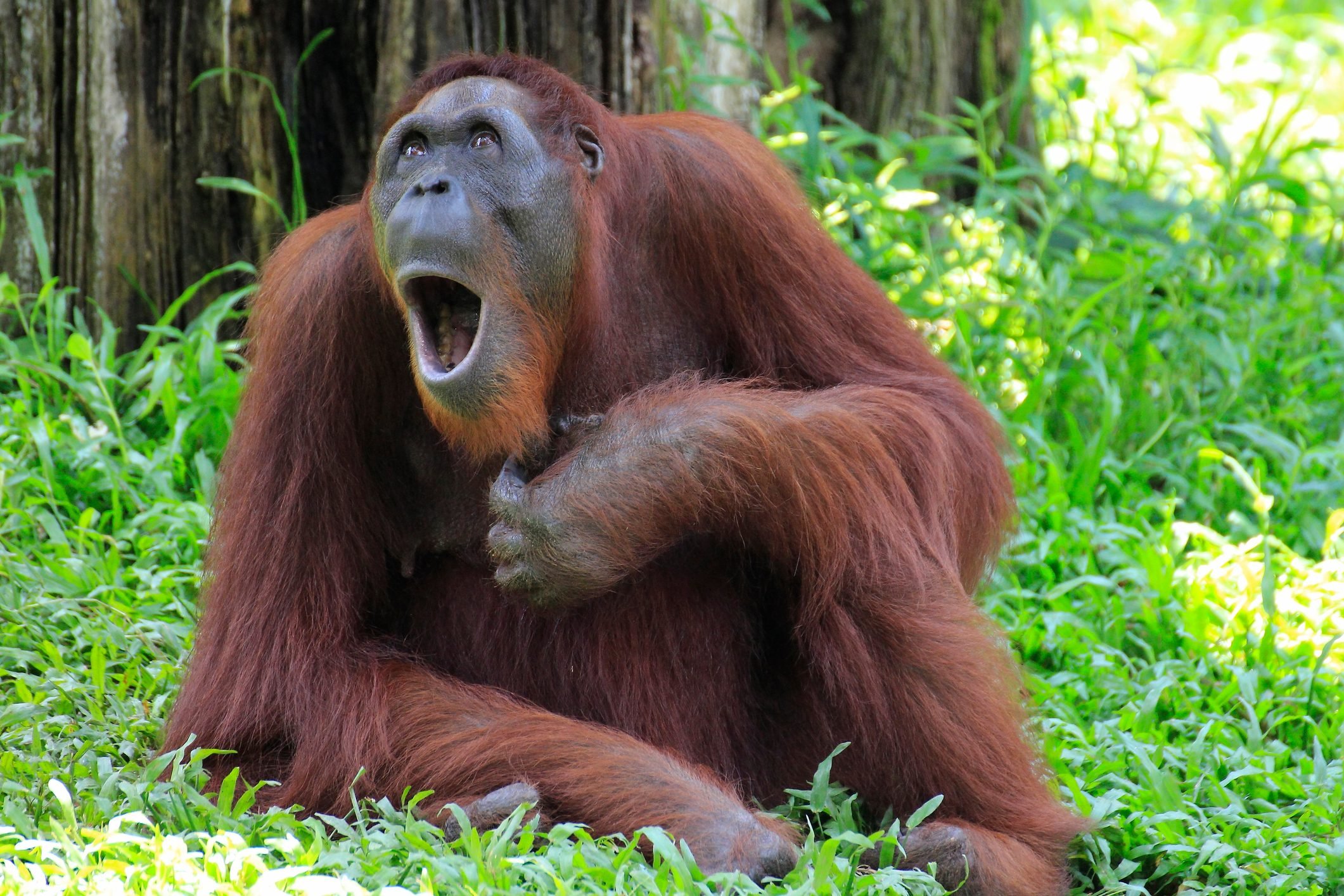All of this could be possible if I had the chance to take a journey into the wild, to discover the secrets of the natural world and to truly experience the beauty of nature. On the other hand, there are many dangers that come with living in nature. There are predators that could kill me, harsh weather conditions that I would have to endure, and I would be far away from any medical help if I were to get hurt.
Going out into the wild is like an extreme version of a camping trip, with the stakes much higher and the risks much greater. I would be entering an unfamiliar and potentially dangerous environment, with limited resources and support. Going out into the wild is like embarking on an expedition to an unknown and uncharted land, with no map or guide to lead you along the way. The journey is full of unknowns and uncertainties, and the rewards at the end may be great, but it can be hard to stay focused and motivated with the potential dangers lurking around every corner. Thankfully, many animals have developed defenses against predators to ensure their survival. While it is true that there are many dangers in the wild, there are also many animals that have developed effective defenses against predators.
These defenses help to ensure the survival of the animals, and provide a measure of safety for those who are exploring the wild. As Kimberly Pauley once wrote: “The best defense is a confusing offense.” Defense mechanisms are physical or behavioral adaptations that help an animal to protect itself from predators. Common examples of defense mechanisms include camouflage, mimicry, and warning coloration. The animals’ defense mechanisms are like a suit of armor – not only does it provide physical protection, but it also serves as a psychological deterrent that discourages predators from attacking them in the first place. As the famous Italian writer Primo Levi once wrote: “The aims of life are the best defense against death.”



No comments:
Post a Comment